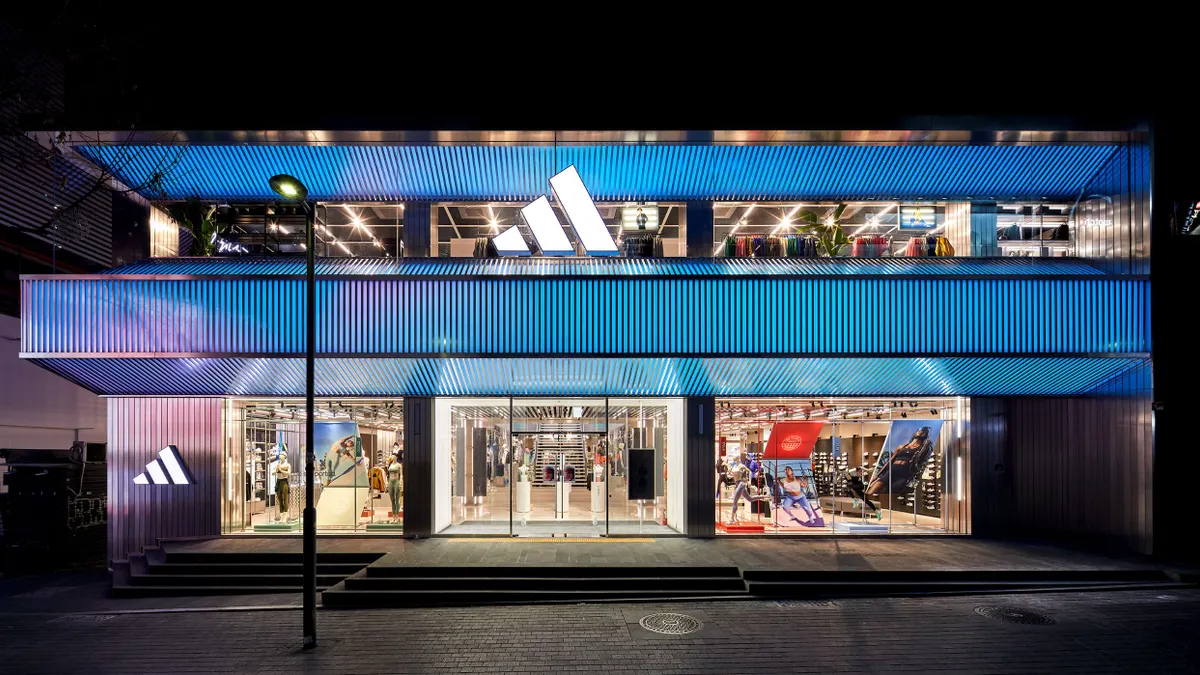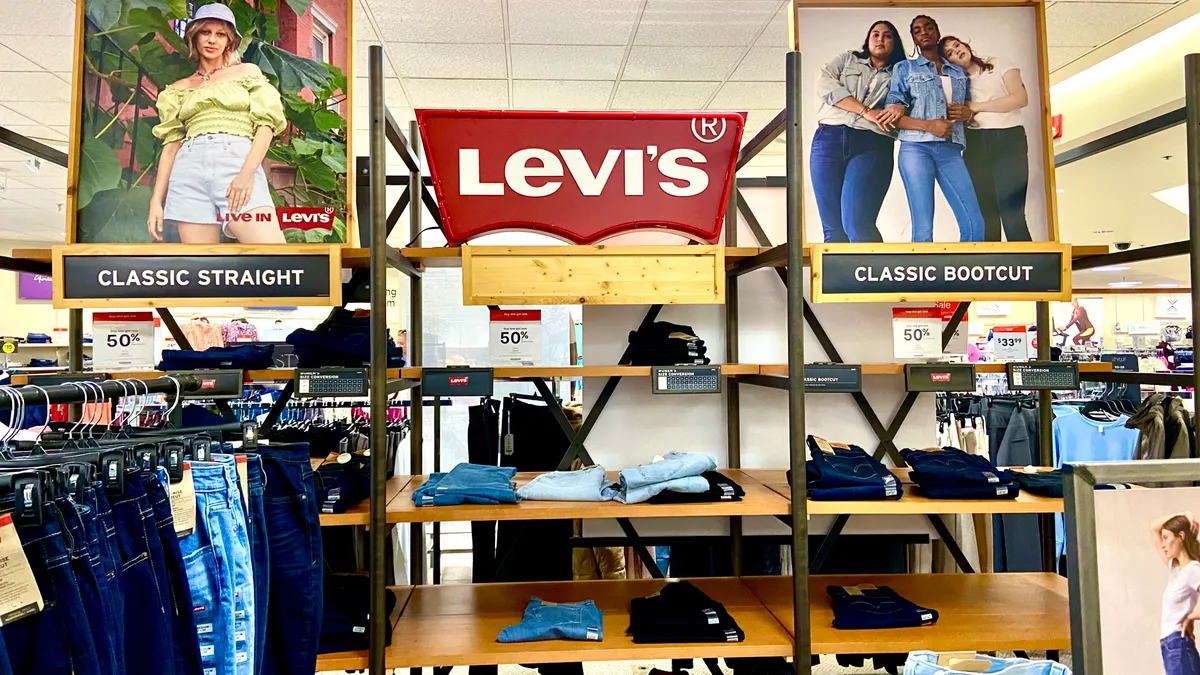Although President Barack Obama hasn’t got very far in his push to raise the national minimum wage to $10.10 an hour from the current $7.25, other jurisdictions, from states to cities, have made the leap.
Indeed, despite a strong mid-term election showing by Republicans, who often oppose minimum wage hikes, voters across the country recently approved minimum wage increases in five states and San Francisco. Later last year Chicago also passed a higher wage, and Seattle’s city council unanimously passed a special committee’s plan to raise the minimum to $15 an hour.
In 2015 in all, 21 states will raise their minimum wages above the national rate.
But governments aren’t the only ones.
Retailers on the bandwagon
Retailers are increasingly unilaterally upping their own minimums, too. Last year Gap announced a new $10-an-hour-and-up wage by this year, and Ikea instituted a 17% increase in its minimums.
And of course Wal-Mart Stores Inc., a retailer often derided for depressed wages and poor working conditions, made headlines two weeks ago with the news that it would increase its hourly rate for half-a-million of its employees. That new policy will make its average full-time wage $13 an hour (still below the $14.65 average for hourly non-supervisory retail workers in the U.S.), and its part-time average $10 an hour.
Nothing new for some retailers
Retailers like the Container Store and Costco have long offered hourly employees pay more generous than most. Costco CEO Craig Jelinek endorses Obama’s national wage hike, and the company’s own hourly rate starts at $11.50. Perhaps most telling, the retailer’s average employee wage is $21 an hour, without overtime.
The Container Store CEO Kip Tindell wrote the book on this issue: Uncontainable: How Passion, Commitment, and Conscious Capitalism Built A Business Where Everyone Thrives. Tindell argues that an “employees first” approach — where even part-time workers make decent wages and receive benefits — is ultimately good for business. It’s a notion with which many economists and retail experts agree, but which can be a tough sell to investors.
The backlash
So far the National Retail Federation maintains its opposition to any increase to a mandated minimum wage, and indeed cited retailers' unilateral moves, including those by Wal-Mart and TJX, as proof that the market alone works. It's hard to know how much of that will change with The Container Store's Tindell taking over as NRF chairman.
Some retailers had a beef with that power of the marketplace and said Wal-Mart's move was making it bad for everyone. McDonald’s last week told investors that as higher wages catch on, its profits will suffer because it will be forced to pay more to attract employees. The struggling fast-food chain in its statements also anticipated that bad-for-business boycotts and demonstrations on wages and other employment issues would also ramp up in light of Wal-Mart’s action.
And the costs could go beyond increased wages. Wal-Mart's new policies also include introducing a more rational scheduling system for workers. Retail employees have increasingly faced Draconian, algorithm-driven schedules that for many interfere with child care, schooling, and working other jobs.
Meanwhile, some labor advocates worry that, rather than truly improving workers’ conditions, Wal-Mart Stores’ real motivation lies in staving off legislation that would force its hand to pay even more. A "living wage," for example, is closer to $15 an hour, according to Jody Knauss, senior analyst at the Center for Media and Democracy in Wisconsin.
“My concern is that this is really just an effort to legitimize the nine dollar wage,” he told the Christian Science Monitor.
A wage war?
Indeed, the move by Wal-Mart Stores, the world’s largest retailer, is widely seen as the inspiration behind the move by TJX Companies (parent company of T.J. Maxx, Marshalls and HomeGoods) the following week, raising its own hourly minimum to $9 an hour in June, then $10 in 2016, for workers there at least six months.
"What I've been telling people is Wal-Mart just raised the federal minimum wage," Hay Group retail analyst Maryam Morse told NBC News.
Now all eyes are on Target, which says it won’t be making a similar announcement any time soon, while insisting that its hourly workers make above the federally mandated minimum.
“Our goal is to make sure we have the very best team in retail and we're going to continue to invest in their development and continue to make sure from a marketplace standpoint we're very competitive with the wages we provide," Target CEO Brian Cornell said Feb. 25 in response to questions on the matter.
But that may mean that Target will have no choice, says Dave Brennan, co-director of the Institute for Retailing Excellence at the University of St. Thomas.
"If you look at companies like Costco as an example — you look at Chipotle, you look at Starbucks, Whole Foods — they pay their people pretty well," Brennan told Minnesota Public Radio. "And I think there is going to be an increasing pressure for retailers in particular to increase the minimum wage."






















